By Louise Pettifer, Wellbeing and Play Expert at CONNETIX Tiles
What is universally true across all ages is that we are hardwired to connect with others, and the driving force behind this biological need is our emotions. The intricacies of our social relationships and emotions are complex; often evolving and developing throughout life, though interestingly they stand as a predictor for our overall health and wellbeing.
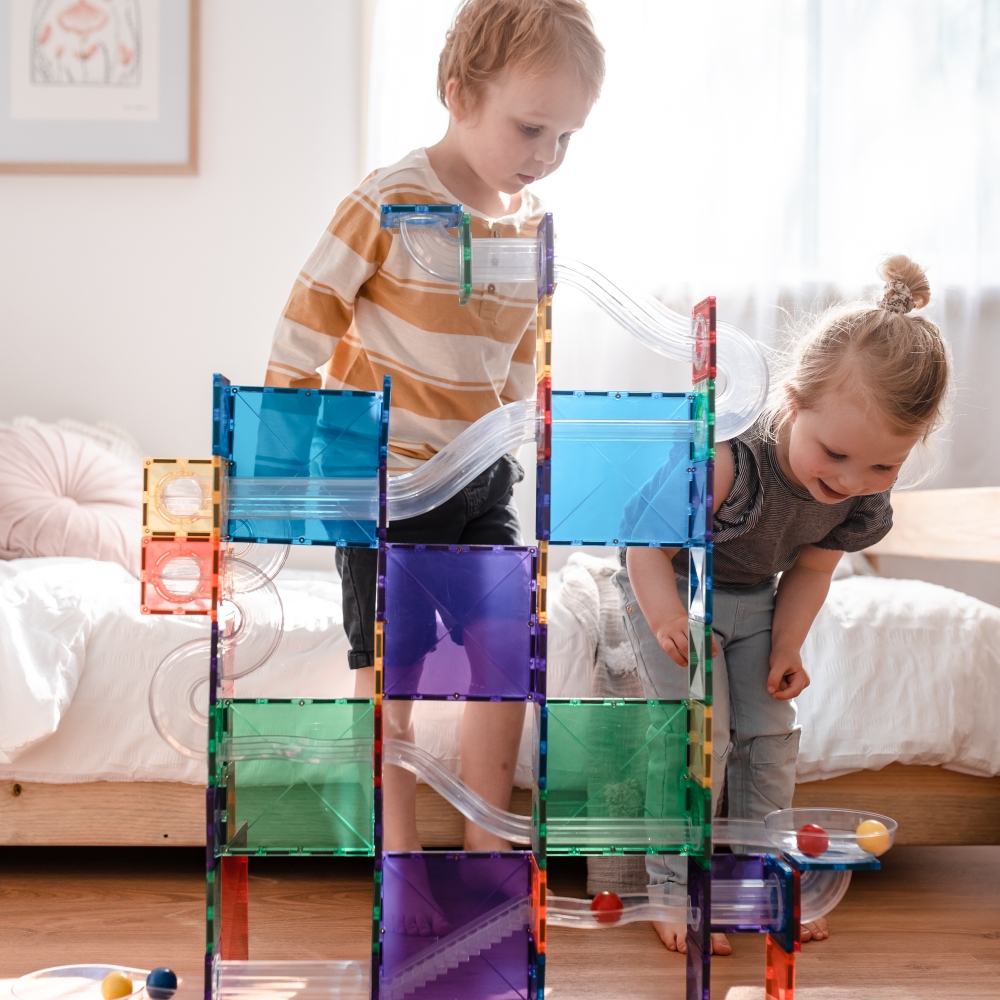
More than ever before, parents, educators and professionals are recognising the importance of building children’s social and emotional literacy through harnessing the power of play. Essentially, giving our future generations the tools to thrive across all areas of life.
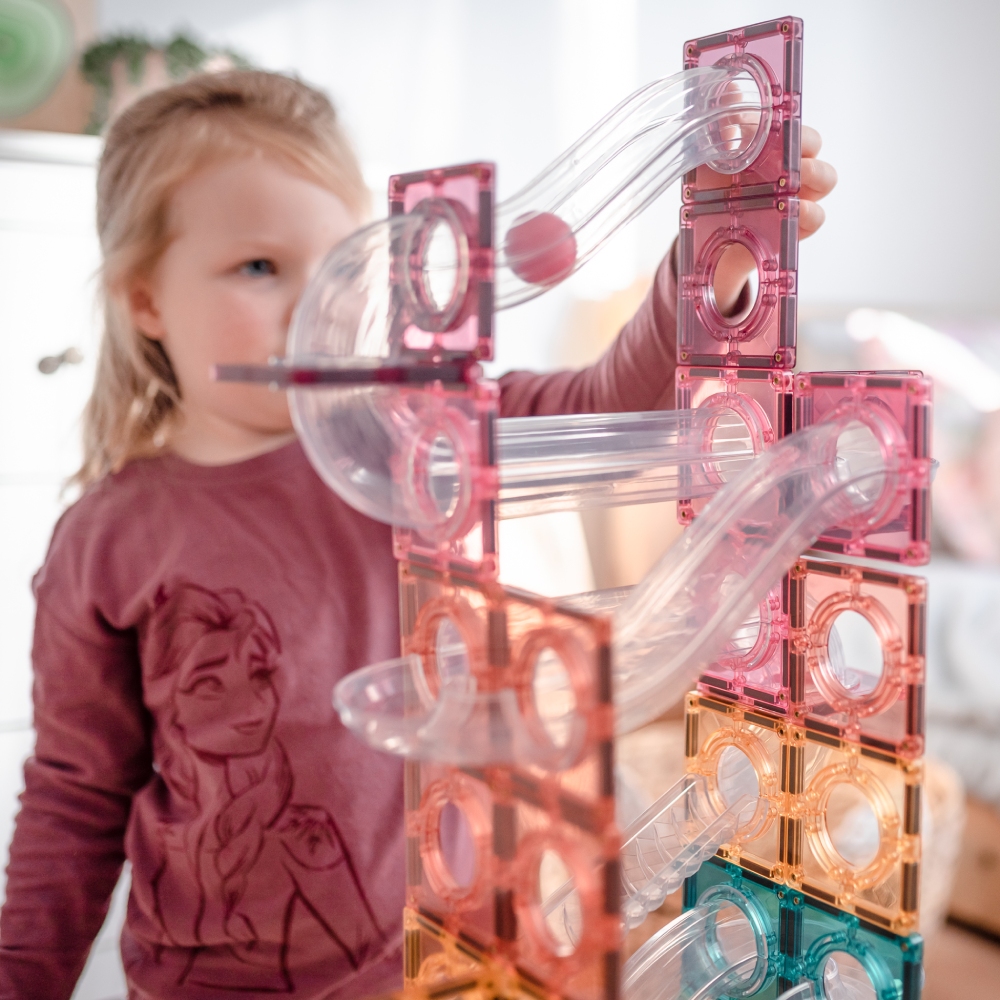
What is Social and Emotional Literacy?
Social and emotional literacy refers to the way in which we form and maintain positive relationships, understand our own and other’s emotions, demonstrate empathy, achieve our goals and make responsible decisions.
As children develop, they draw on play to understand themselves, others and the world around them. Play provides children with a fundamental platform to explore their emotions, and try-out their experiences through storytelling, symbolic and imaginative play.
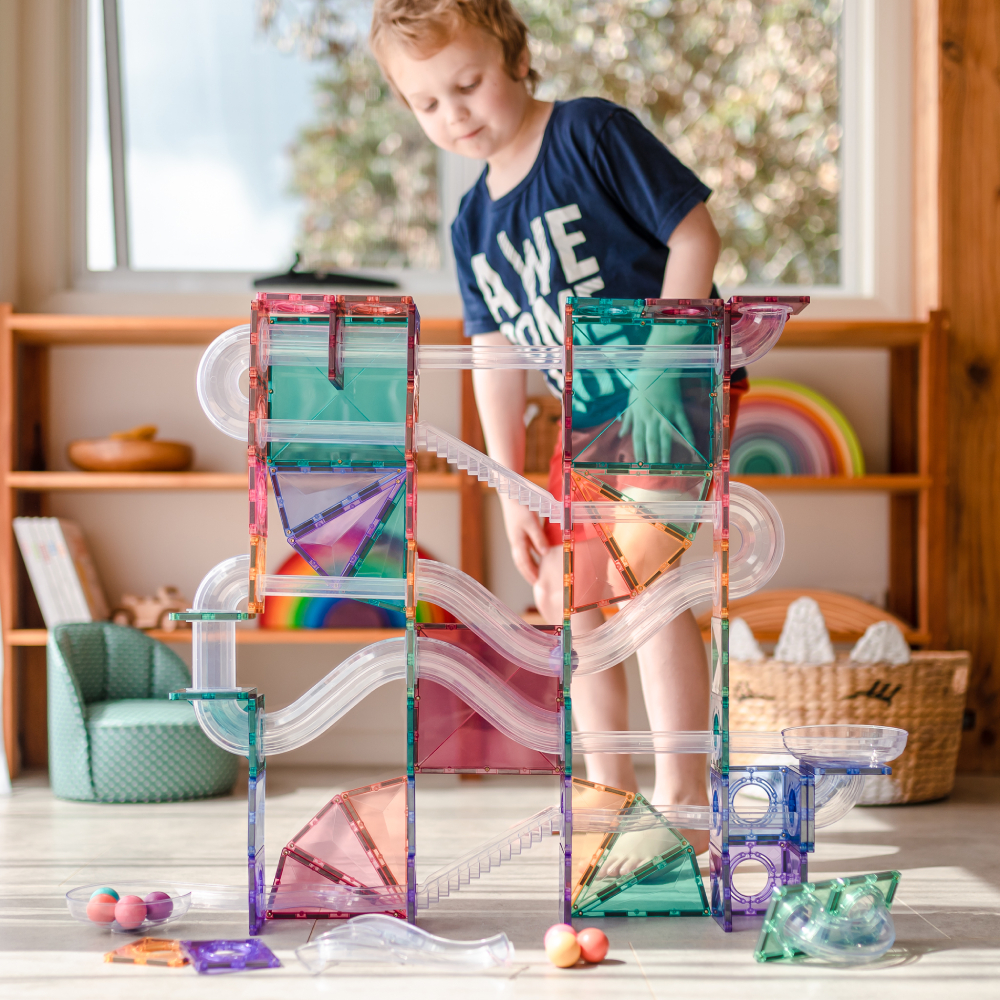
A key step in building children’s emotional literacy is identifying their own and others’ emotions. Naming the emotion and labelling the physical experience associated – for example, “when my heart is racing, my stomach is churning and my palms are sweaty, I feel nervous” – can significantly reduce the emotional intensity. A brilliant way to remember this concept is, “name it to tame it”. This approach helps children to recognise and understand their emotions rather than suppress them or be seen as something that is discouraged. When all emotions are OK, children are more likely to express themselves in healthy ways, meaning they are less likely to be overwhelmed, and have a greater sense of control over their behaviour.
If we think about early school-aged children, this is a period of significant brain development, which makes learning these competencies an opportune time to support their future success.
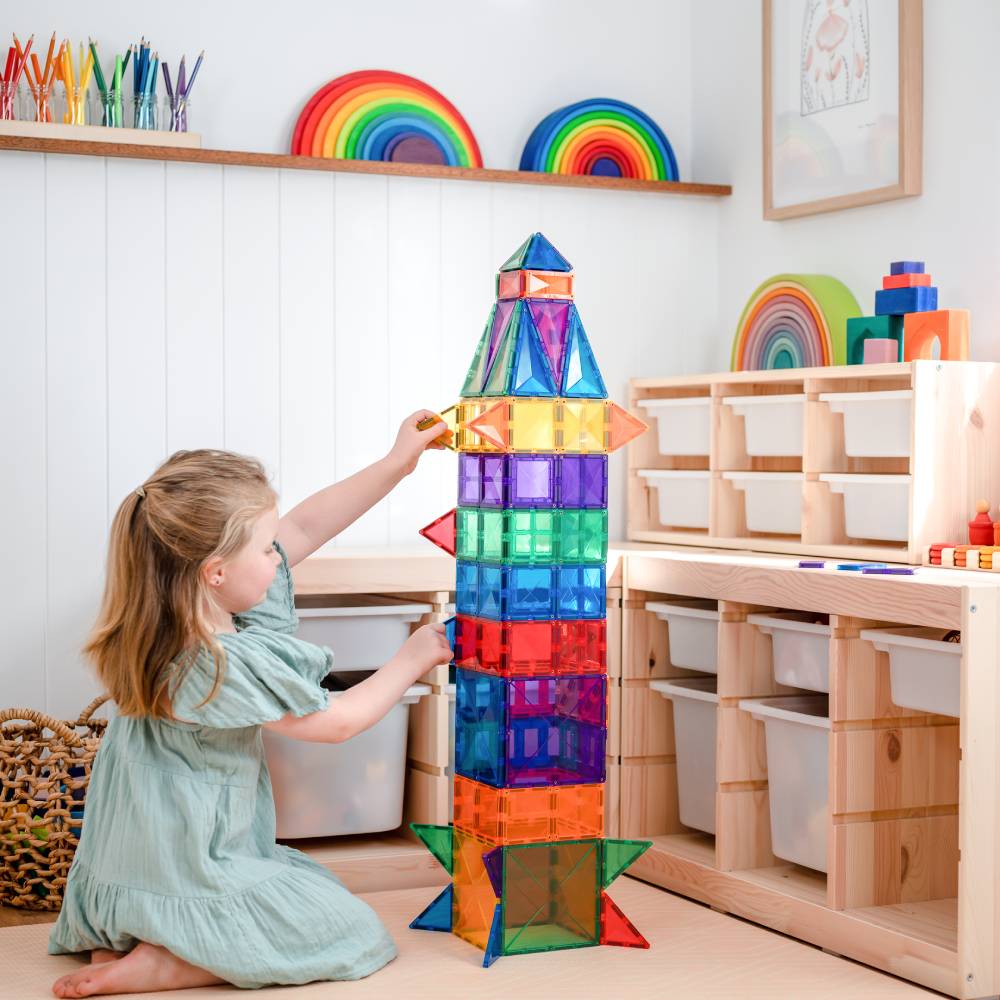
There are so many benefits of building social and emotional literacy.
Short term outcomes:
- Ability to self-regulate
- Developing teamwork and communication skills
- Increased empathy and helping behaviour
- Developing problem-solving skills and reasoning
- Being able to respond in helpful ways to achieve goals
Long term outcomes:
- Greater quality of relationships
- Improved mental health
- Increased resilience to overcome adversity
- Better academic results and employment prospects
- Increased life satisfaction
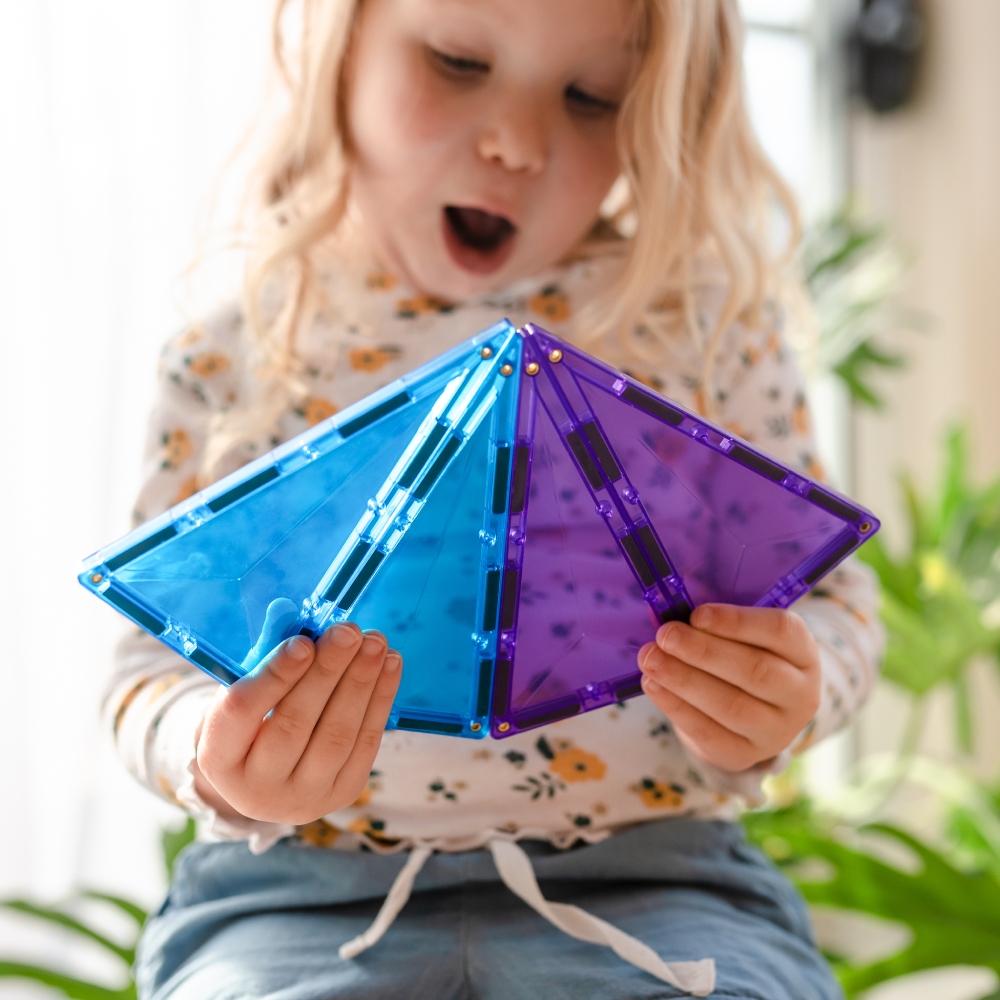
Mental, Emotional and Social Health (MESH) Toys: The Champions of Play-Based Learning
Play is a child’s greatest learning tool throughout the formative years. Outlined as a fundamental right for every child by the United Nations Human Rights Commission, we are seeing an exciting global movement celebrating play and demonstrating the profound benefits play provides for children’s development and wellbeing.
The toy industry is certainly leading the way with the emergence of MESH products that explicitly intend to promote essential life skills for children whilst naturally engaging in play. Underpinned by evidence, there are eight areas of MESH product skill development that aim to foster resilience:
- Problem-solving
- Adaptation
- Self-regulation
- Cognitive skills
- Perseverance
- Conflict resolution
- Self-advocacy
- Communication strategies
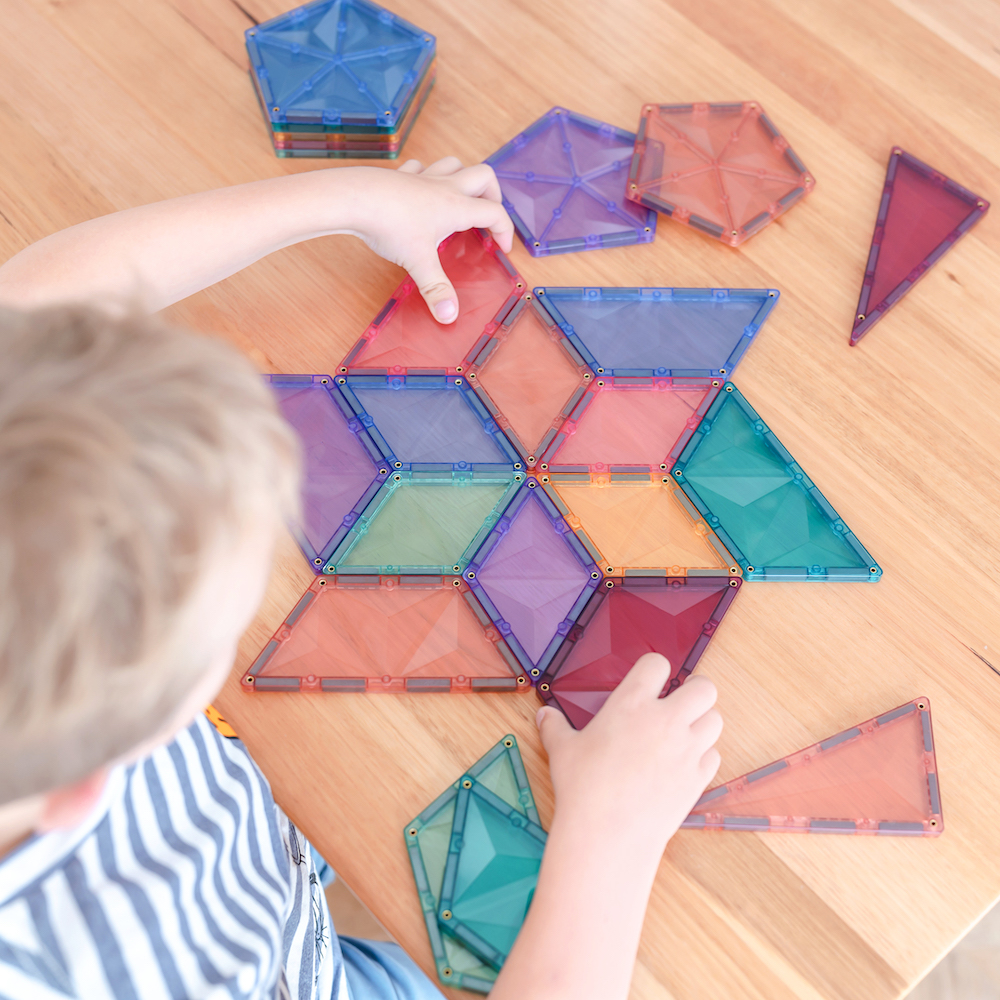
What type of toys can help build social and emotional literacy?
Open-ended toys that focus on what children can do – not what the toy’s purpose might be. Toys that spark children’s imagination and creativity, with the opportunity to evolve and grow with children as they learn and develop.
Toys that invite children’s narrative and storytelling help children to understand and explore the world around them, allowing children to harness their unique strengths, interests and abilities by providing opportunities for advocacy and self-expression.
Toys that can bring people together of all ages through joyful, collaborative play and support fostering valuable family connections in addition to supporting the development of communication and social skills.
Educational and STEAM learning toys enhance cognitive development and encourage the discovery of real-life knowledge through hands-on learning.
Toys that provide challenges and obstacles for children at every stage of their development and learning, promoting problem-solving, resilience and perseverance.
Toys that encourage self-regulation and introspection, from puzzles, to fidget tools, construction play and creative expression.
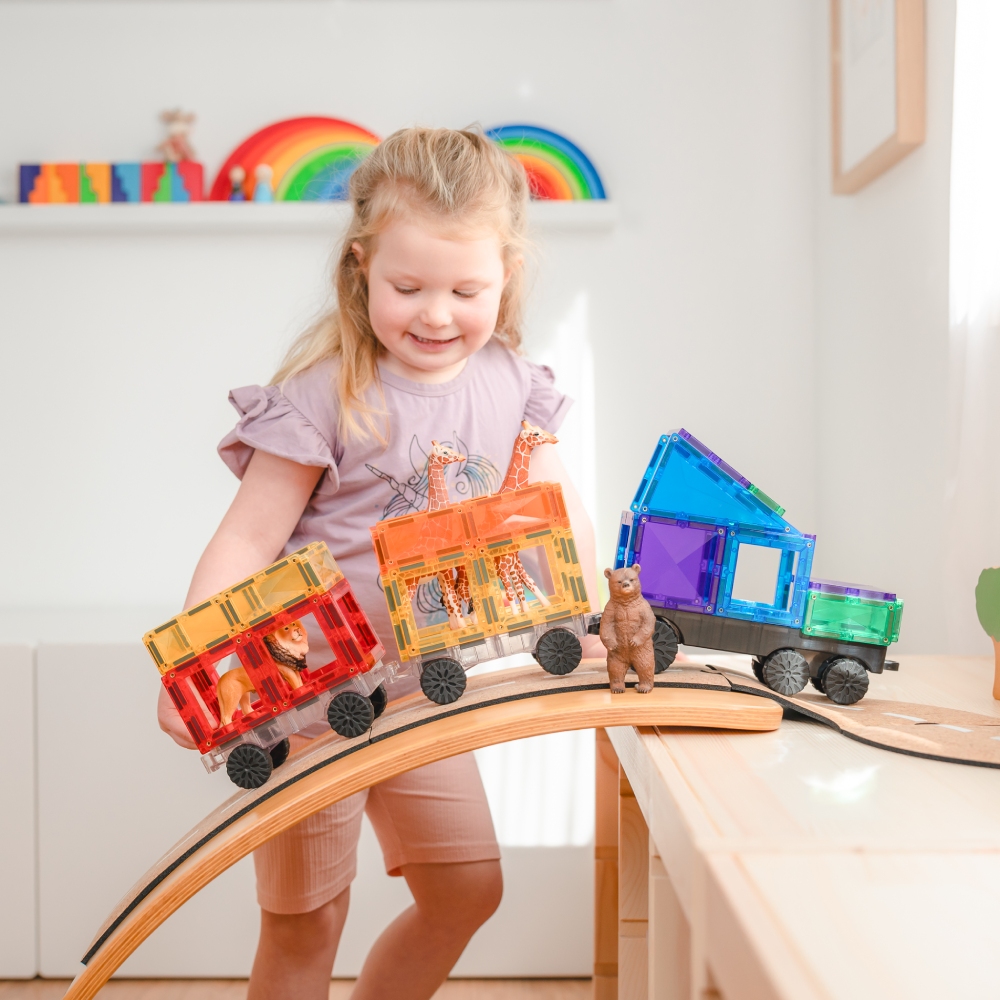
How can parents and carers support their children to build these skillsets?
- Place a spotlight on emotions and boost emotional vocabulary during play. This could sound like, “I can see you can’t find the puzzle piece you’re looking for right now, I understand that can be frustrating”.
- Role-play is a powerful learning tool for children. Providing opportunities to play-out everyday scenarios like cooking, playing shops and resolving conflict, helps children to navigate social experiences, plus build communication skills and empathy towards others.
- Children love to be in the know. Use play to prepare children for difficult times or transitions like going to the doctor or starting a new school. Having a script and a visual tool helps children to better understand and self-manage during these challenging situations.
- Encourage children to take age-appropriate risks through play, this fosters resilience, healthy self-esteem and confidence.
- Where possible, give children the space to resolve conflict themselves without jumping in too quickly. This might mean observing what’s happening in the scenario, for example, “I see you both want to play with the lion at the same time, I wonder what you could do so that it works out for you both?
- All children are unique, have individual strengths, and learning through play occurs in many different ways, so it’s important to let children be the leaders of their play.
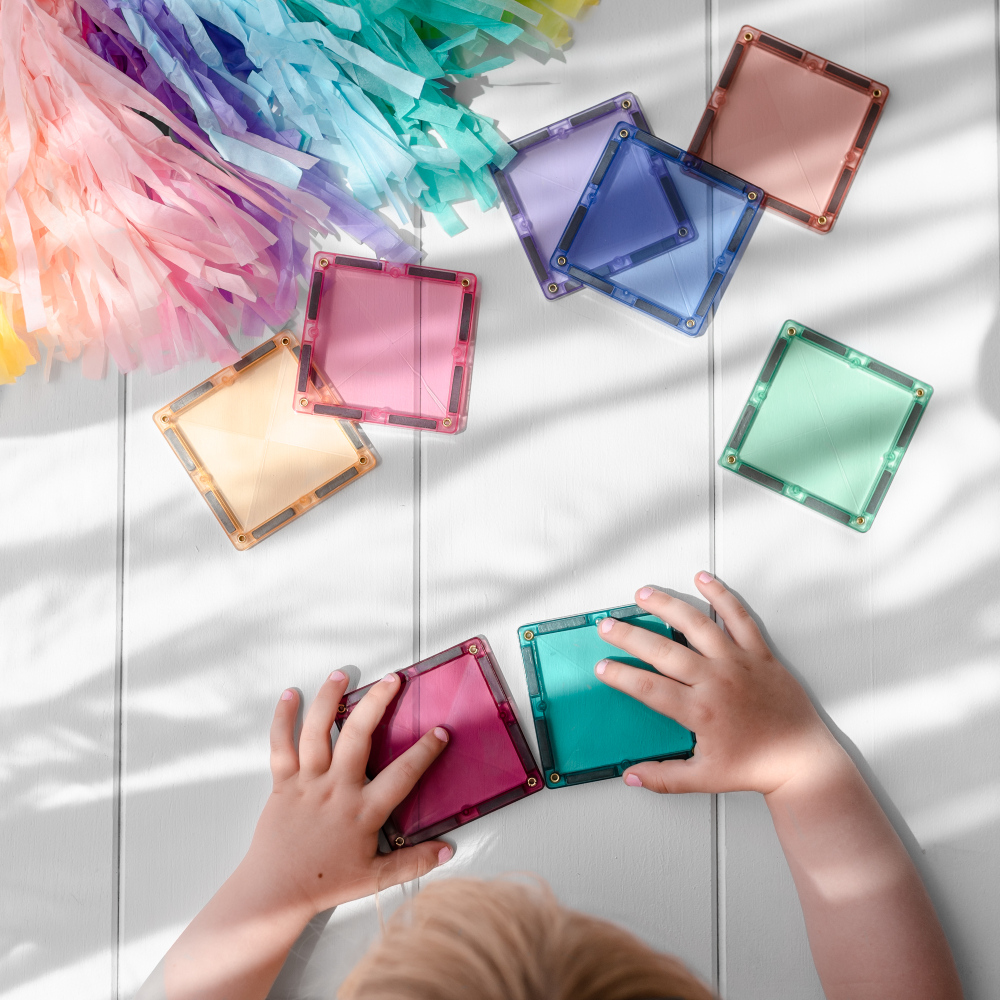
About the expert
 With a degree in psychology and extensive experience working with families in the community services and education sector, Louise Pettifer is passionate about nurturing childhood development and wellbeing. As a proud member of the team of experts at CONNETIX, she shares her wealth of knowledge and the experience gained throughout her career to support parents, educators and allied health professionals better understand the benefits of play in raising emotionally intelligent children.
With a degree in psychology and extensive experience working with families in the community services and education sector, Louise Pettifer is passionate about nurturing childhood development and wellbeing. As a proud member of the team of experts at CONNETIX, she shares her wealth of knowledge and the experience gained throughout her career to support parents, educators and allied health professionals better understand the benefits of play in raising emotionally intelligent children.
CONNETIX colourful magnetic tiles are an engaging open-ended toy that can help children build social and emotional literacy. Immersing themselves in the fun of building masterpieces can help children to understand, express and accept their own feelings. Learn more at www.connetixtiles.com


